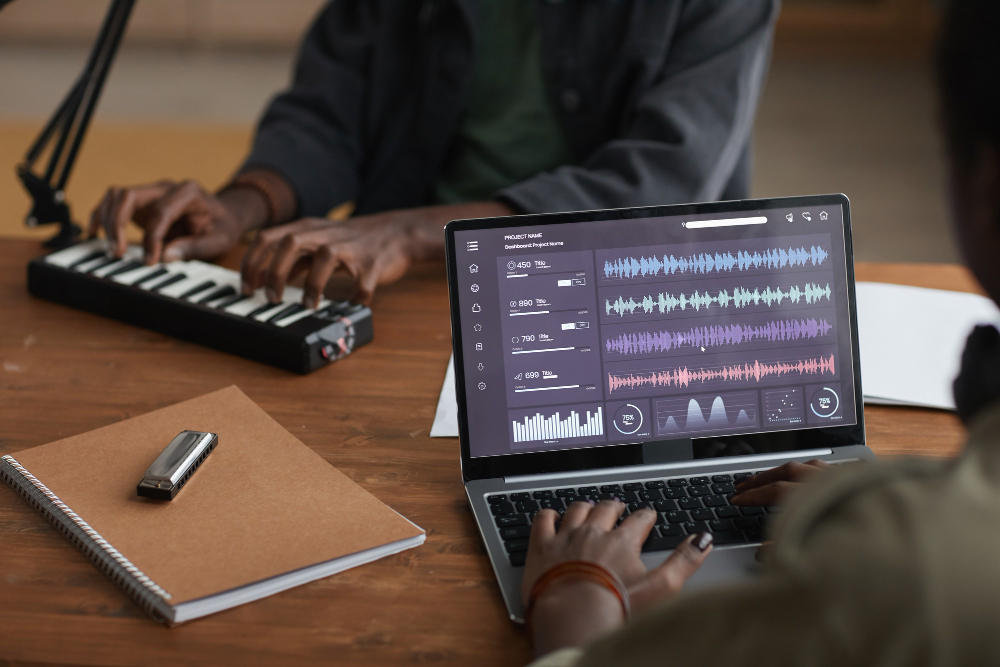Vocal synthesis has evolved quickly, and creators now have more options than ever. The best Vocaloid alternatives in 2026 deliver realistic vocals, better expression control, and flexible workflows for both beginners and advanced producers.
Updated January 18, 2026
What Is a Vocaloid?
Vocaloid is a vocal synthesis platform that turns typed lyrics and melodies into sung vocals using voicebanks. Alternatives offer different voice quality, UI, pricing, and workflow flexibility.
What to Look For
- Voice realism and expression control
- Voicebank variety and language support
- Ease of use for editing pitch and timing
- DAW integration and export options
Best Vocaloid Alternatives in 2026
1. Synthesizer V
Known for highly realistic AI vocals and strong expression control.
- Natural-sounding voices
- Powerful pitch editing
- Growing voicebank library
2. UTAU / OpenUtau
Free and community-driven with many custom voicebanks.
- Free to use
- Large community resources
- Flexible customization
3. CeVIO AI
A polished platform with expressive vocals and strong Japanese voicebanks.
- Natural expression
- Clear UI
- Popular in J-pop production
4. Emvoice One
Cloud-based vocals that are quick to create and easy to edit.
- Fast workflow
- Realistic timbre
- Subscription-based access
5. Alter/Ego
Free vocal synth with a unique tonal character.
- Open-source
- Creative, experimental sound
- Good for niche genres
6. ACE Studio
Modern AI vocal synthesis with multilingual voicebanks.
- Clean interface
- Good for pop and electronic styles
- Multiple voice options
7. NEUTRINO
A lightweight vocal synth project popular in Japan.
- Free to use
- Good realism with tuning
- Community-backed voices
8. Sinsy
A web-based singing synthesis tool that is easy to try.
- No install needed
- Good for quick demos
- Simple interface
9. Voicepeak / VOICEVOX
Voice synthesis tools focused on clarity and expressiveness.
- Strong spoken-voice options
- Good for vocal layers
- Easy export workflows
10. Lyrebird AI (Custom Voice Projects)
Custom voice cloning projects can be used for backing vocals and effects.
- Flexible voice creation
- Requires consent and ethics
- Best for controlled projects
How to Choose the Right Tool
- Best realism: Synthesizer V.
- Free and flexible: UTAU/OpenUtau or NEUTRINO.
- Quick results: Emvoice One or Sinsy.
- Japanese voicebanks: CeVIO AI.
Final Thought
The best Vocaloid alternative depends on your genre, budget, and workflow. Start with a free tool to explore, then upgrade once you know the sound and control level you need.
Interesting Reads:



